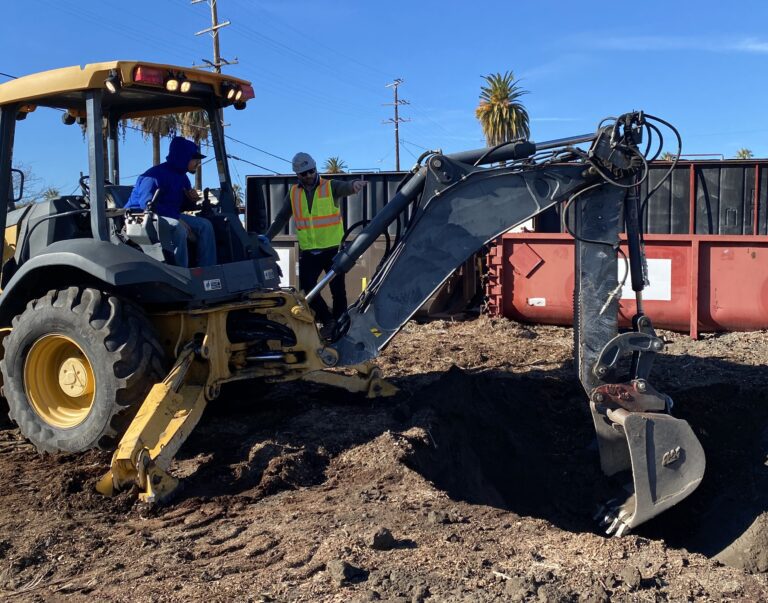Cation
Cation: In the fields of chemistry and geochemistry, a cation is a positively charged ion. The oppositely charged ion is an anion.
Cation: In the fields of chemistry and geochemistry, a cation is a positively charged ion. The oppositely charged ion is an anion.

Petrogenic Gas Petrogenic Gas: In geology, petrogenic gas refers to natural gas that is the byproduct of the thermal decomposition of biological and organic matter. In fact, this is the same process that results in the geological formation of petroleum underground. For instance, methane soil gas hazards in Los Angeles Methane Zones are typically resulting…

Direct Shear Test A Direct Shear Test is a geotechnical engineering laboratory procedure that measures the shear strength value of a soil sample.

Effective Size (D10) “Effective Size” (D10) is an engineering geology term. Effective Size represents a diameter that directly corresponds to the percentage, by weight, of grains that equal to 10% on the grain-size diagram. To illustrate, 10% of the soil sample particles are finer-grained, and 90% of the sample particles are coarser than the “effective…

Fault Creep Fault Creep: Fault creep means slow ground displacement of a strike-slip fault or dip-slip fault, that usually occurs without accompanying earthquakes. Fault creep can derive from tectonic activity, or be the result of excessive petroleum and groundwater pumping.

Environmental Professional Definition Environmental Professional: As per the EPA’s All Appropriate Inquiries Rule, an environmental professional is an environmental consultant that has an accredited education in earth or natural science, at least five years of formal training under another environmental professional, a professional state license, and maintains expert knowledge in the environmental geology, sustainability, and…

Volcanic Rock (Igneous) Definition A “Volcanic Rock” is an igneous rock that is finely crystalline and glassy (or aphanitic). To illustrate, volcanic rocks result from volcanic action at the earth’s surface. Typically, this also includes igneous intrusions that are “near-surface,” which may otherwise be considered plutonic. This action results in a final rock that is…